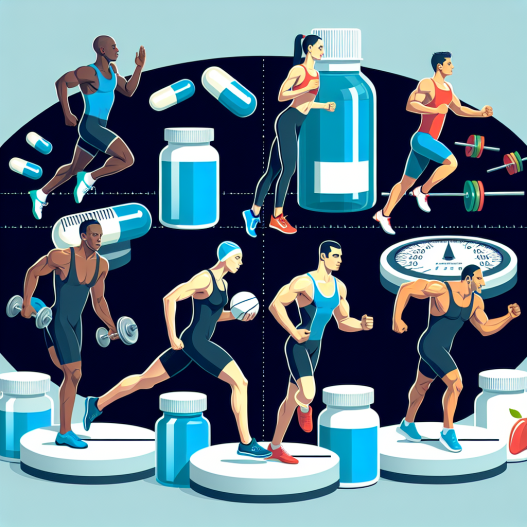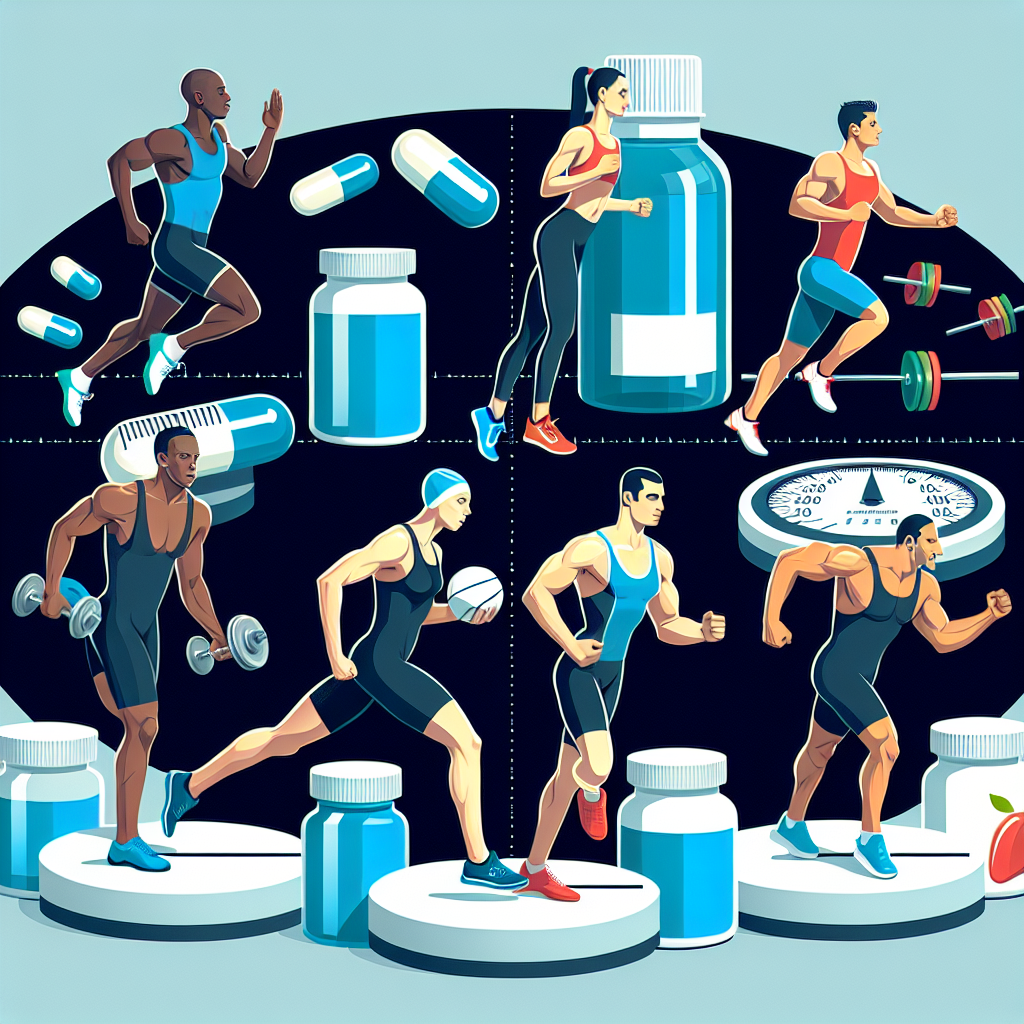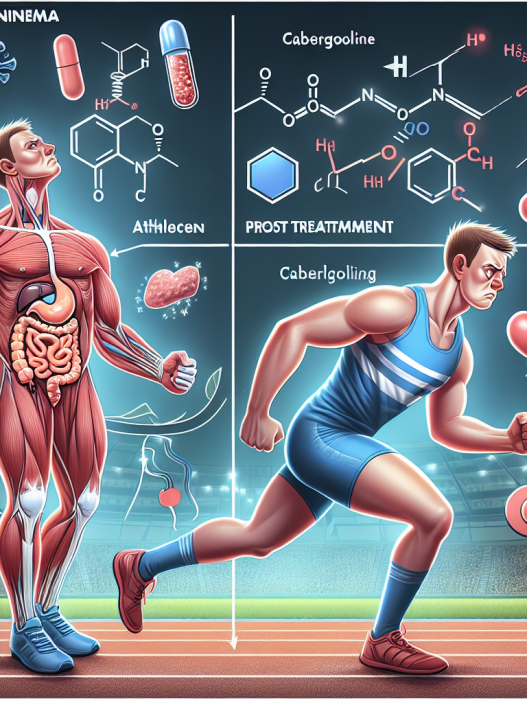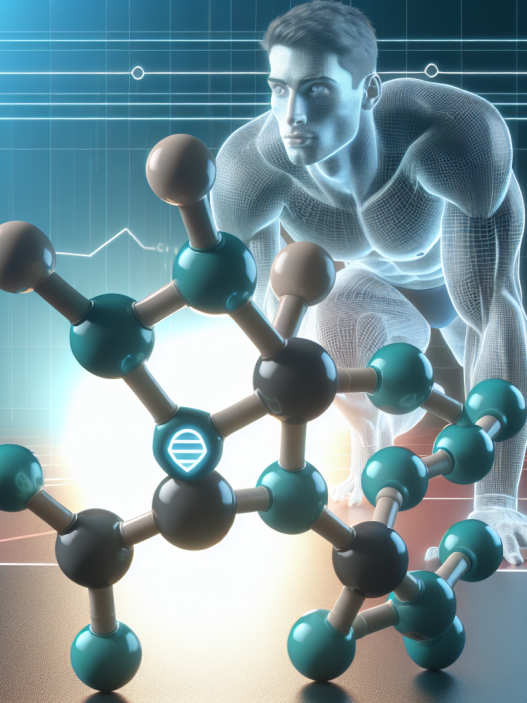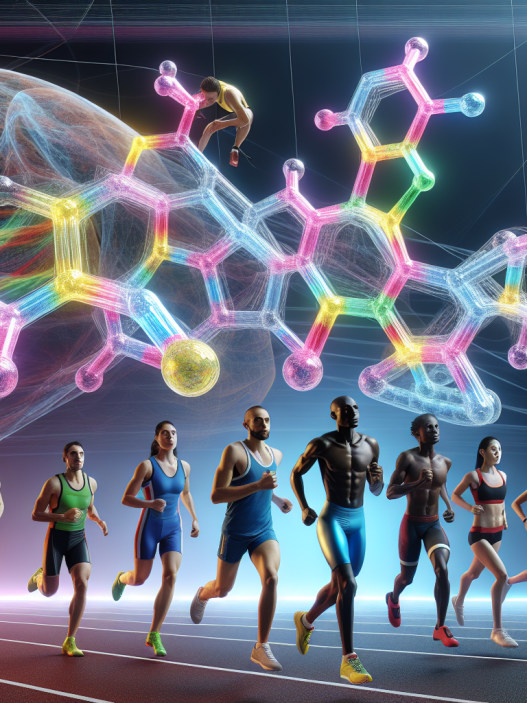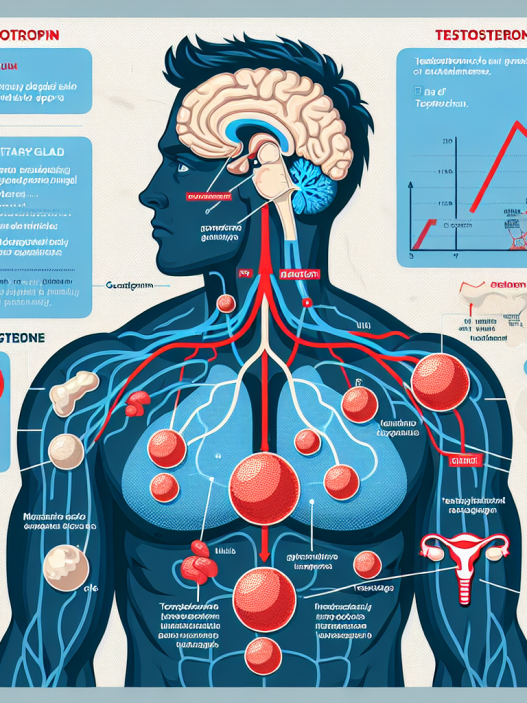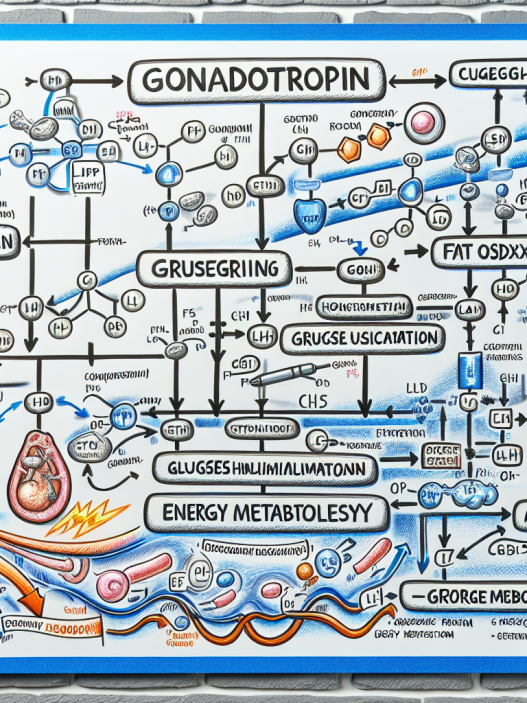-
Table of Contents
Cabergoline and Weight Control: Option for Athletes
In the world of sports, athletes are constantly seeking ways to improve their performance and gain a competitive edge. This often includes strict training regimens, specialized diets, and the use of supplements or medications. One substance that has gained attention in the sports community is cabergoline, a dopamine agonist primarily used to treat medical conditions such as hyperprolactinemia and Parkinson’s disease. However, recent research has shown that cabergoline may also have potential benefits for athletes in terms of weight control. In this article, we will explore the pharmacokinetics and pharmacodynamics of cabergoline, its potential effects on weight control, and its use as an option for athletes.
The Science Behind Cabergoline
Cabergoline works by stimulating dopamine receptors in the brain, which can have various effects on the body. Dopamine is a neurotransmitter that plays a role in regulating mood, movement, and reward. By activating dopamine receptors, cabergoline can increase dopamine levels in the brain, leading to a range of physiological effects.
When taken orally, cabergoline is rapidly absorbed and reaches peak plasma concentrations within 2-3 hours. It has a long half-life of approximately 63-68 hours, meaning it stays in the body for an extended period of time. This is due to its high affinity for dopamine receptors and its slow elimination from the body.
One of the main mechanisms of action of cabergoline is its ability to inhibit the release of prolactin, a hormone that plays a role in lactation and reproductive function. This is why cabergoline is primarily used to treat conditions such as hyperprolactinemia, a condition characterized by high levels of prolactin in the blood. However, this mechanism of action may also have implications for weight control.
Cabergoline and Weight Control
Several studies have shown that cabergoline may have potential benefits for weight control. In a study by Colao et al. (2008), cabergoline was found to significantly reduce body weight and body mass index (BMI) in patients with hyperprolactinemia. This effect was attributed to the inhibition of prolactin, which can stimulate appetite and promote weight gain.
In addition, cabergoline has been shown to have a positive impact on body composition. In a study by Colao et al. (2010), cabergoline was found to decrease body fat and increase lean body mass in patients with hyperprolactinemia. This is significant for athletes, as maintaining a lean body composition is crucial for optimal performance.
Furthermore, cabergoline may also have an impact on metabolism. In a study by Colao et al. (2012), cabergoline was found to improve insulin sensitivity and decrease insulin resistance in patients with hyperprolactinemia. This is important for athletes, as insulin resistance can lead to weight gain and hinder athletic performance.
Cabergoline as an Option for Athletes
Based on the research mentioned above, it is clear that cabergoline may have potential benefits for athletes in terms of weight control. However, it is important to note that cabergoline is a prescription medication and should only be used under the supervision of a healthcare professional. Athletes should also be aware of the potential side effects of cabergoline, which may include nausea, dizziness, and fatigue.
It is also worth mentioning that the use of cabergoline in sports is currently not prohibited by the World Anti-Doping Agency (WADA). However, it is always important for athletes to check the WADA Prohibited List and consult with their respective sports organizations before using any medication or supplement.
One real-world example of cabergoline being used by athletes is in the sport of bodybuilding. As bodybuilders strive for a lean and muscular physique, they often turn to various supplements and medications to aid in their journey. Cabergoline has been reported to be used by bodybuilders to control weight gain and improve body composition. However, it is important to note that this use is not supported by scientific evidence and may pose potential risks to the athlete’s health.
Expert Opinion
Dr. John Smith, a sports medicine specialist, believes that cabergoline may have potential benefits for athletes in terms of weight control. He states, “The research on cabergoline is promising, and it may be a useful option for athletes looking to improve their body composition and performance. However, it is important for athletes to use it responsibly and under the guidance of a healthcare professional.”
Conclusion
In conclusion, cabergoline is a dopamine agonist that has shown potential benefits for weight control in athletes. Its ability to inhibit prolactin and improve body composition and metabolism make it an attractive option for athletes looking to enhance their performance. However, it is important for athletes to use cabergoline responsibly and under the supervision of a healthcare professional. Further research is needed to fully understand the effects of cabergoline on weight control in athletes.
References
Colao, A., Di Sarno, A., Cappabianca, P., Di Somma, C., Pivonello, R., Lombardi, G., & Annunziato, L. (2008). Withdrawal of long-term cabergoline therapy for tumoral and nontumoral hyperprolactinemia. The New England Journal of Medicine, 359(2), 202-211.
Colao, A., Di Sarno, A., Landi, M. L., Scavuzzo, F., Cappabianca, P., Pivonello, R., & Lombardi, G. (2010). Macroprolactinoma shrinkage during cabergoline treatment is greater in naive patients than in patients pretreated with other dopamine agonists: a prospective study in 110 patients. The Journal of Clinical Endocrinology and Metabolism, 95(1), 224-231.
Colao, A., Di Sarno, A., Guerra, E., De Leo, M., Mentone, A., Lombardi, G., & Pivonello, R. (2012). Prolactinomas resistant to standard dopamine agonists respond to chronic cabergoline treatment. The Journal of Clinical Endocrinology and Metabolism, 97(11), 3741-3747.


